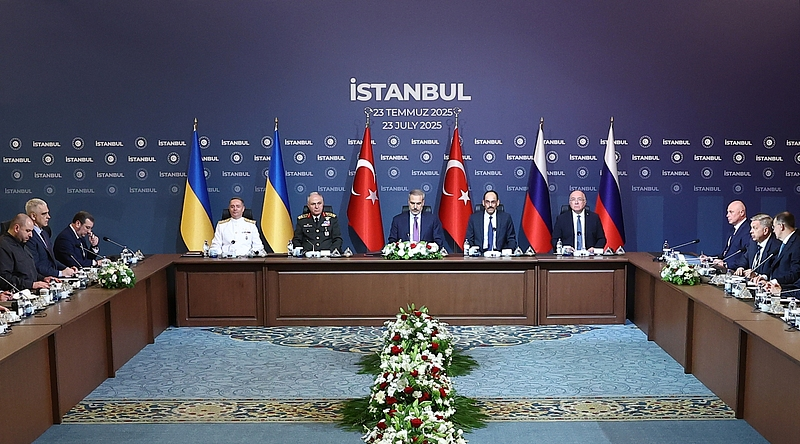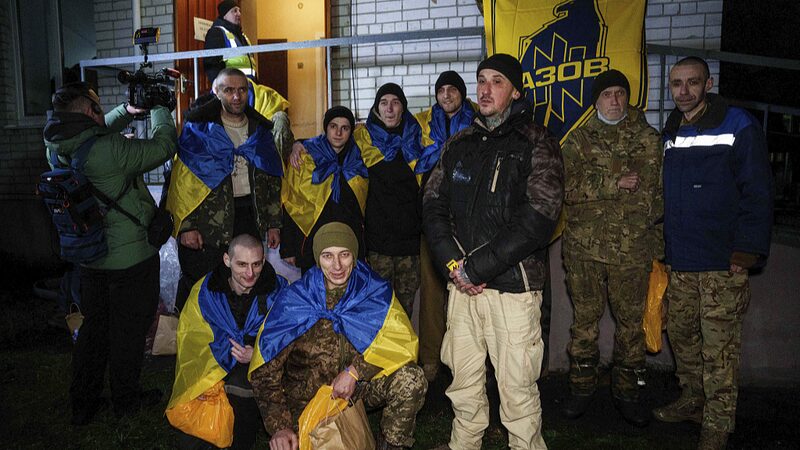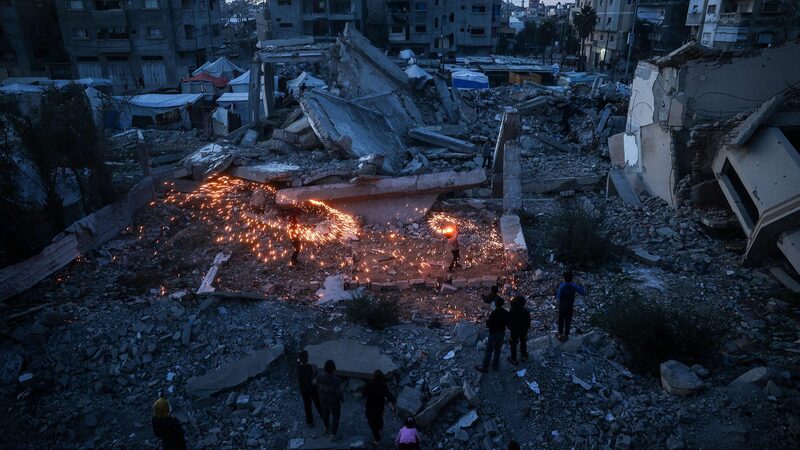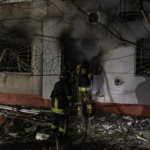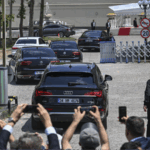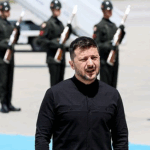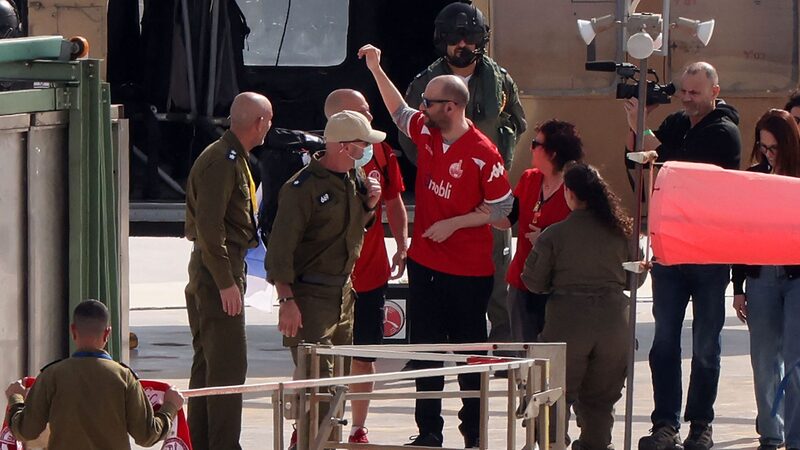Russian and Ukrainian negotiators reached a landmark agreement to exchange 1,200 prisoners of war during their third round of peace talks in Istanbul, though divisions over ceasefire terms continue to stall broader diplomatic progress. The meeting, mediated by Turkish Foreign Minister Hakan Fidan at Çırağan Palace, highlighted both humanitarian cooperation and entrenched political challenges.
Breakthroughs and Roadblocks
Ukrainian delegation head Rustem Umerov emphasized Kyiv's demand for a 'full and unconditional ceasefire' to enable substantive negotiations, stating: 'The ceasefire must include a complete cessation of strikes on civilian infrastructure.' Meanwhile, Russian negotiator Vladimir Medinsky confirmed plans to repatriate 7,000 deceased Ukrainian soldiers and proposed establishing joint working groups on military and humanitarian issues.
Leadership Summit Proposal
Ukraine suggested a potential late-August meeting between President Volodymyr Zelenskyy and Russian President Vladimir Putin, with U.S. and Turkish participation. Medinsky responded that such talks require 'certain processes' to be completed first. Zelenskyy later confirmed via social media that 1,000 Ukrainians – including critically wounded personnel – had been repatriated in the latest exchange.
Path Forward
While the prisoner swap marks the ninth such exchange since May, previous Istanbul talks in May and June failed to produce ceasefire momentum. Fidan urged both sides to focus on 'result-oriented negotiations,' stressing Turkey's commitment to ending the 'bloody war.' Analysts note the continued prisoner returns demonstrate preserved communication channels, even as battlefield positions harden.
Reference(s):
Russia, Ukraine agree on prisoner exchange, differ on ceasefire
cgtn.com
